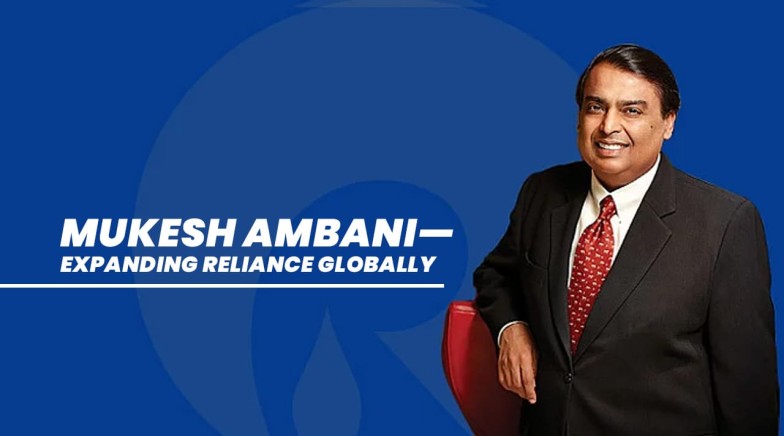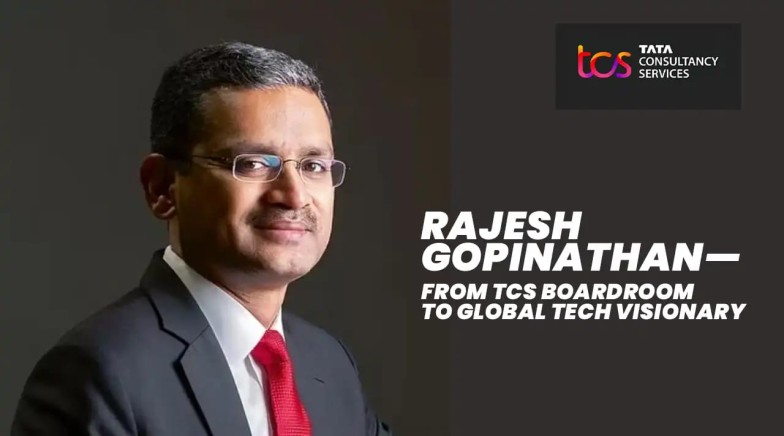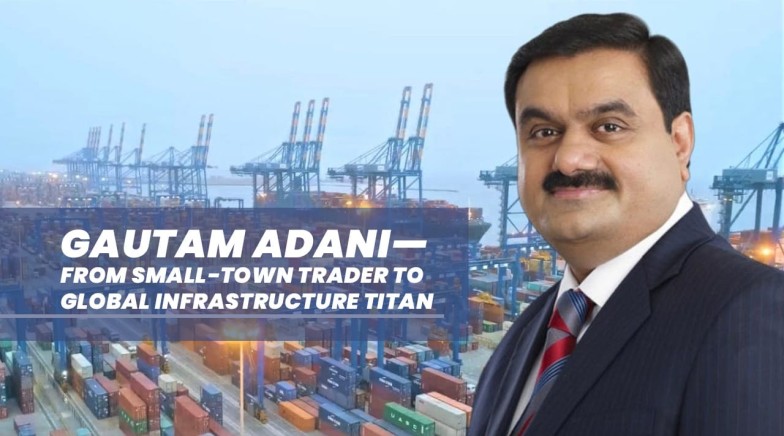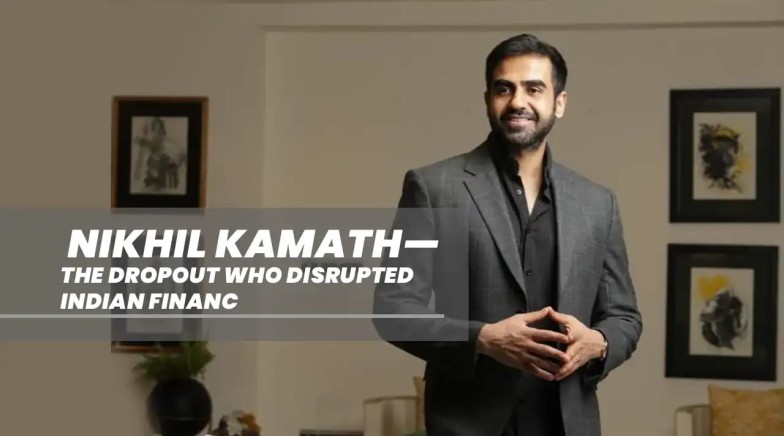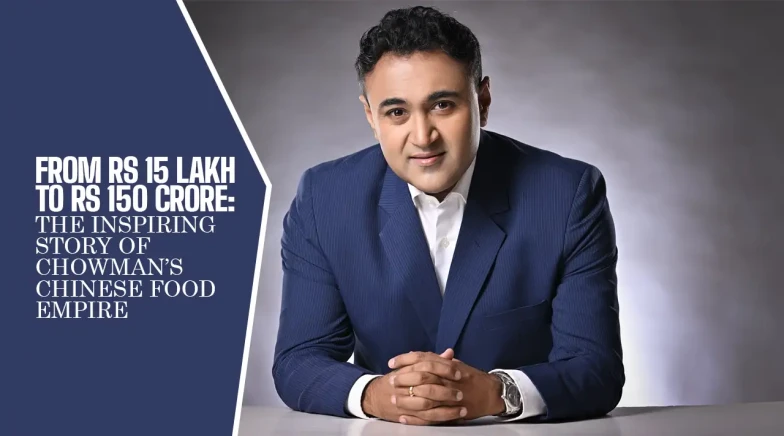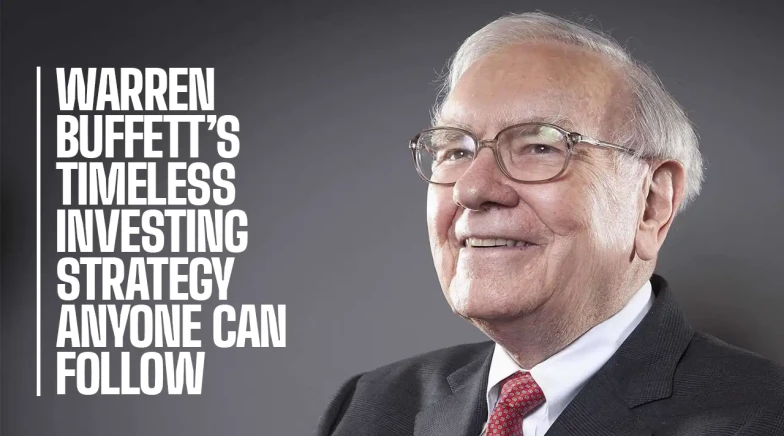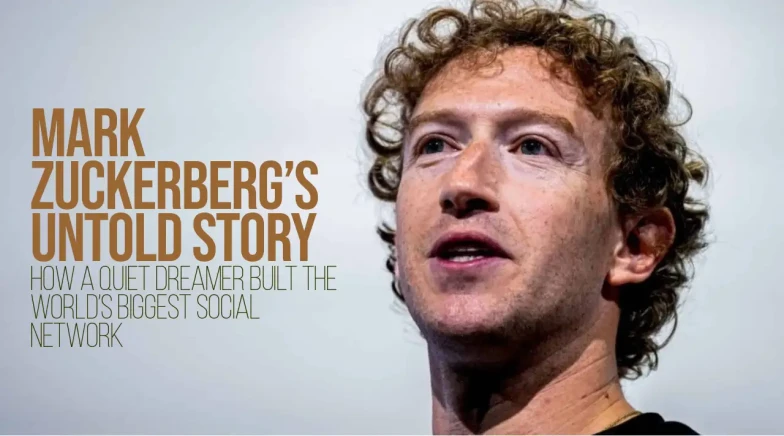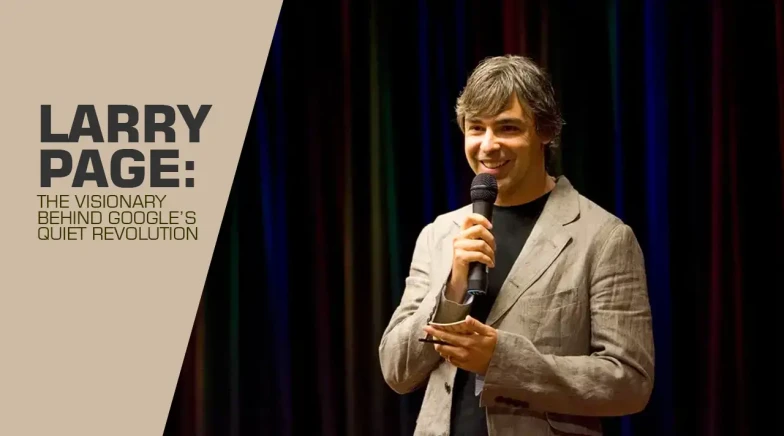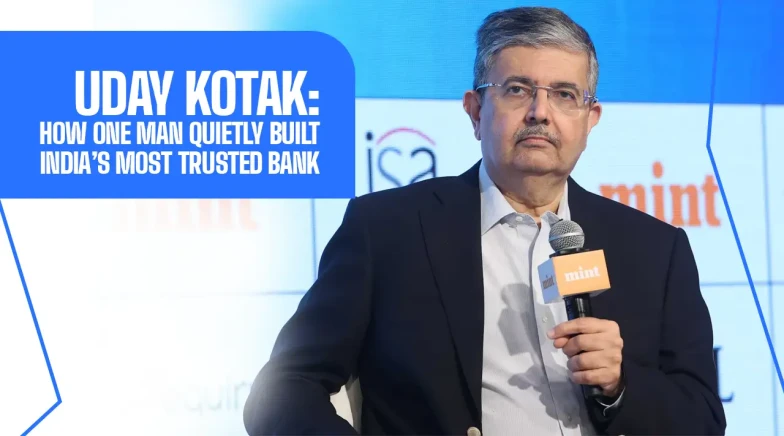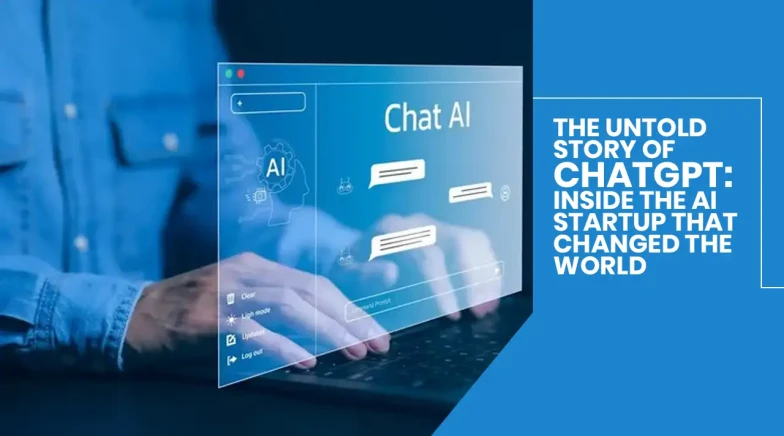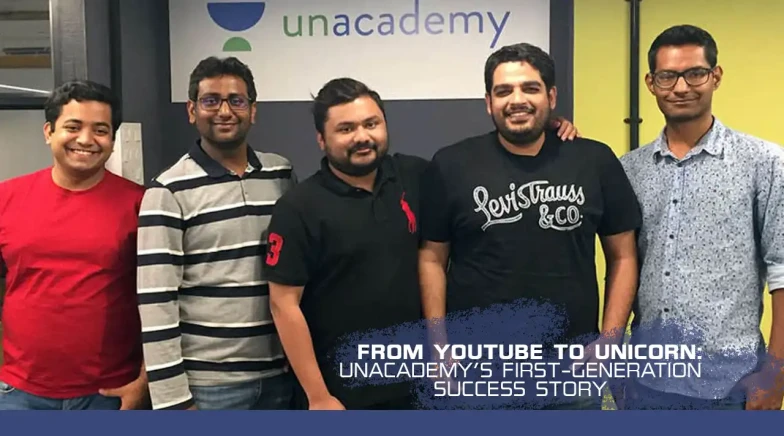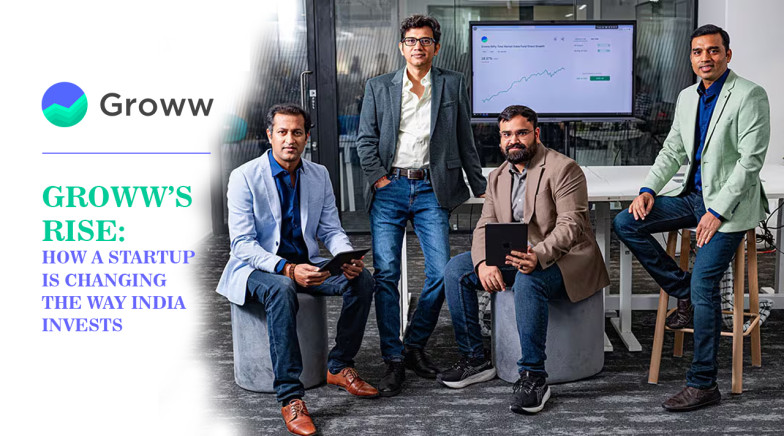The Untold World of Bill Gates: Shocking Truths, Silent Missions, and the Billionaire’s Battle to Fix What No One Else Will

- Created Jul 24 2025
- / 397 Read
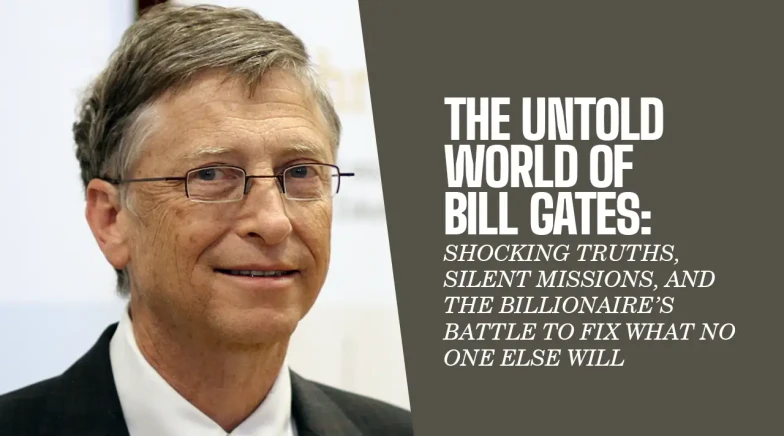
The Untold World of Bill Gates: Shocking Truths, Silent Missions, and the Billionaire’s Battle to Fix What No One Else Will
The Untold World of Bill Gates: Shocking Truths, Silent Missions, and the Billionaire’s Battle to Fix What No One Else Will
Discover the surprising side of Bill Gates — from his secret habits and early arrests to bold innovations in toilets, climate, and pandemics. Go beyond Microsoft to uncover how Gates is quietly reshaping the world in ways most people have never heard of.
William Henry Gates III — known globally as Bill Gates — is often introduced as the man who co-founded Microsoft and helped ignite the personal computer revolution. But beyond his well-documented legacy of building software that changed the world, there are lesser-known stories that reveal the depth of his intellect, quirks, and quiet obsessions.
Born in 1955 in Seattle, Gates displayed brilliance early. He was fascinated by logic puzzles and computers at a time when computers filled entire rooms. By age 13, he was debugging programs and hacking systems just to understand how they worked. That curiosity never left him. At 20, Gates dropped out of Harvard and, with childhood friend Paul Allen, launched Microsoft. Their first big break came when IBM chose their MS-DOS operating system for its computers — a decision that would redefine the tech world.
Gates’ real genius wasn’t just in writing code — it was in foreseeing a future others couldn't. While competitors focused on hardware, he focused on software, licensing Windows to every major PC manufacturer. That business model built a tech empire and made Gates the richest man on earth by the mid-1990s.
But that’s only half the story.
Few know that Gates has spent decades on a personal mission to tackle problems beyond technology — from eradicating diseases to redesigning toilets. Through the Bill & Melinda Gates Foundation, he has committed over $50 billion to combat malaria, support vaccine research, improve education systems, and fund pandemic preparedness.
There’s more: Gates reads about 50 books a year and isolates himself during “Think Weeks” to read, write, and plan. He regrets not learning more languages. He’s fascinated by energy solutions and backs nuclear innovation as a climate strategy. And yes, he was once arrested for running a stop sign — a humble reminder that even visionaries have off days.
But perhaps the most surprising thing about Gates is how quietly radical some of his ideas are. While most billionaires invest in luxury or legacy, Gates has sunk millions into unglamorous but vital innovations — like creating low-cost toilets that can function without water or electricity, solving sanitation challenges in developing countries. He has also poured money into lab-grown meat and AI-powered health diagnostics, believing they will redefine the future of human survival.
He doesn’t chase the spotlight, but when Gates does speak — on pandemics, education, or climate change — governments listen. In fact, in 2015, he warned that the world wasn’t ready for the next pandemic. Few paid attention. When COVID-19 hit, his words were replayed globally, not as a prediction, but as a missed opportunity.
Despite his immense wealth, Gates lives with an engineer’s practicality. He wears a $10 Casio watch, washes dishes every night himself, and is known for flying economy class well into his billionaire years. His children won’t inherit his full fortune — most of it is earmarked for philanthropy. “I want them to find their own way,” he said.
Bill Gates is not just a programmer or philanthropist. He is a thinker constantly in motion — asking, "What’s next?" and more importantly, "How can I help fix it?"
In a world full of noise, Gates operates with quiet precision. And perhaps that’s what sets him apart — not just his mind, but his relentless desire to use it for good.
In recent years, Gates has turned his attention to climate change with renewed urgency. His book “How to Avoid a Climate Disaster” outlines a detailed roadmap toward a zero-carbon future, combining policy reform, innovation, and global cooperation. He’s funding startups that develop clean cement, zero-emission fertilizer, and scalable solar energy storage — areas often overlooked by mainstream investors.
Yet, for all his public work, Gates remains somewhat of an enigma. A deeply private thinker in a very public world, he doesn’t seek to be admired. What he seeks is far more difficult: lasting, measurable solutions to humanity’s most stubborn problems.
For Add Product Review,You Need To Login First


